In an unprecedented case, the US Department of Justice has charged a Chinese national, Fengyun Shi, with using a drone to photograph classified nuclear submarine shipyards in Virginia. Wired reports that this marks the first known application of a World War II-era law prohibiting photographing vital military installations using aircraft.
A Rare and Novel Case
The rarity of this case is such that it has not been extensively addressed in Legal circles. ~Emily Berman, a law professor at the University of Houston specializing in national security, shares, “There’s definitely no reported cases.”~
In January 2024, Shi, a graduate student at the University of Minnesota, traveled to Virginia and allegedly used a drone to capture images of Newport News Shipyard and BAE Systems, where the Navy was actively manufacturing aircraft carriers and Virginia-class nuclear submarines.
Drone Mishap Leads to FBI Investigation
On January 6, Shi’s drone became stuck in a neighbor’s tree while flying in inclement weather. When questioned by the neighbor and Police, Shi appeared “very nervous” and “did not have any real reasons” for flying the drone. Instead of waiting for assistance, Shi abandoned the drone and left the area.
The FBI seized the drone and discovered classified images on its memory card, leading to Shi being charged with six Espionage Act misdemeanors. Each misdemeanor carries a potential one-year prison sentence upon conviction.
Implications for First Amendment Rights
Cases involving statutes banning photographing military bases can have implications for First Amendment rights, as photographing in public places is constitutionally protected. Legal experts believe litigating such cases could help clarify the rules surrounding what is permissible.
Shi’s case is scheduled to start on June 20, with both parties seeking to end the case in a plea agreement. The DOJ has declined to comment on whether the Chinese government is being engaged on the issue.
DroneXL’s Take
This case highlights the complex intersection of emerging Drone Technology, national security concerns, and individual rights. As drones become more accessible and advanced, it is crucial for laws and regulations to adapt accordingly to strike a balance between protecting sensitive information and preserving the freedom to capture images in public spaces.
While the details of Shi’s case are still unfolding, it serves as a reminder for drone enthusiasts to exercise caution and be aware of potential legal consequences when operating near sensitive locations. As the Drone Industry continues to evolve, open dialogue between stakeholders, including policymakers, law enforcement, and the drone community, will be essential in navigating these uncharted territories.
Discover more from DroneXL
Subscribe to get the latest posts to your email.
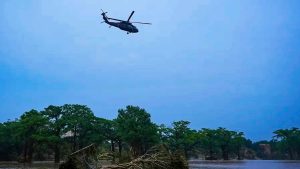
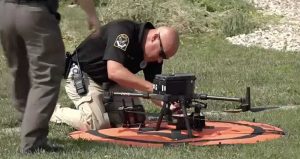

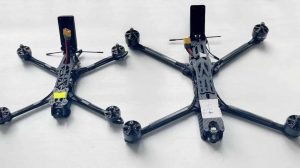
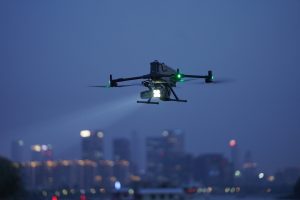

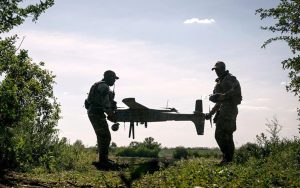
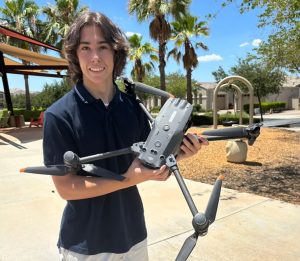
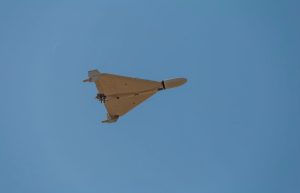

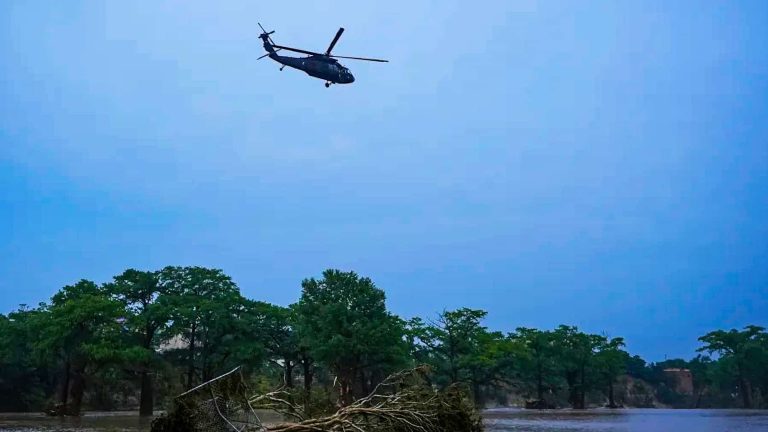
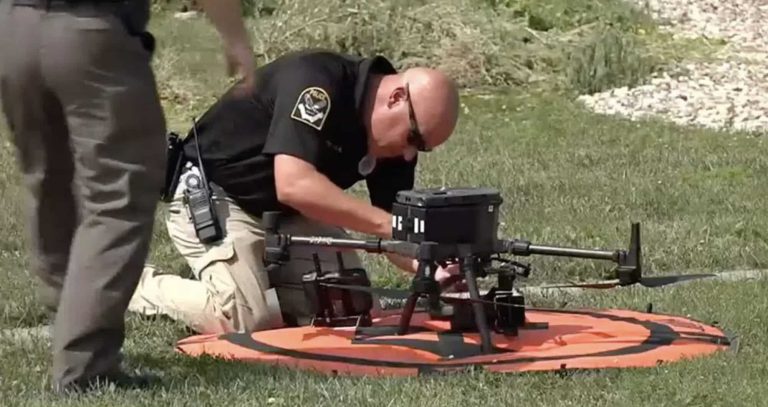

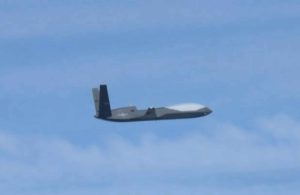
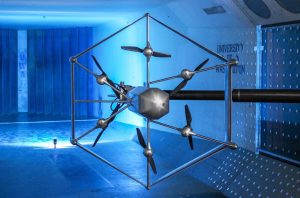
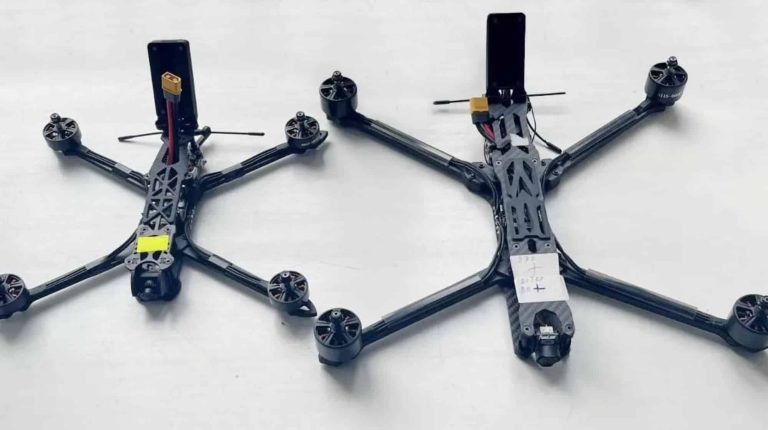
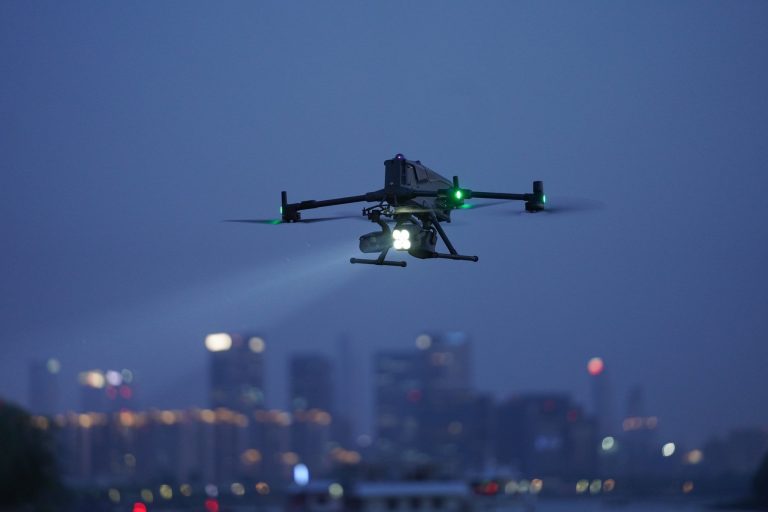
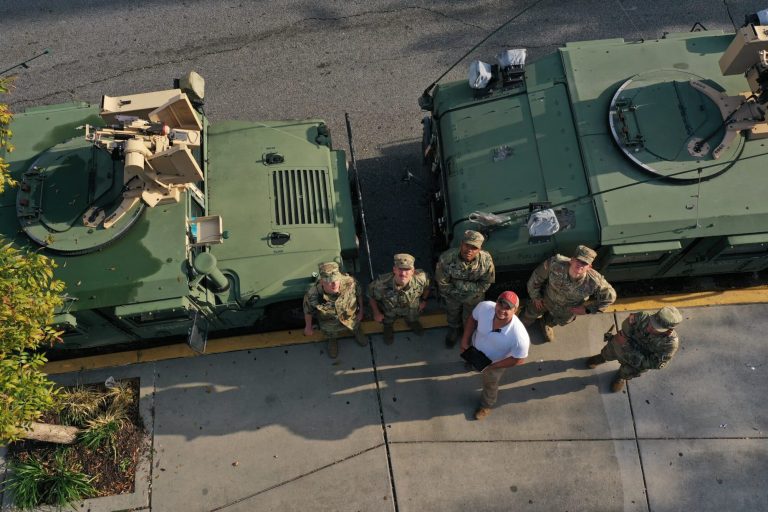
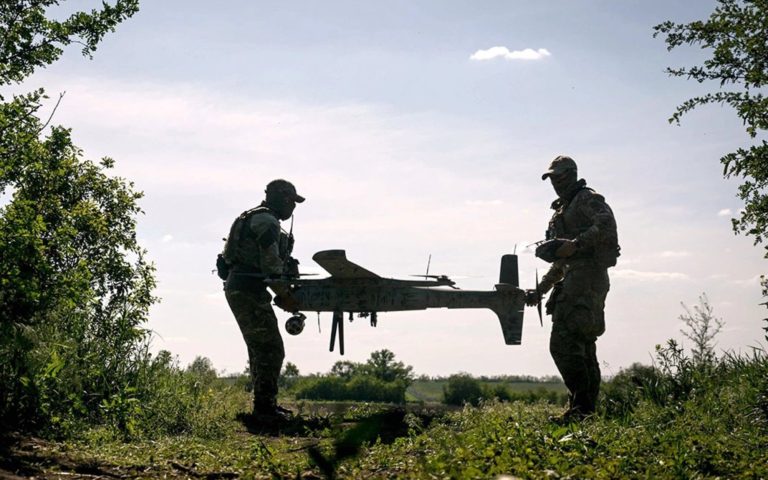
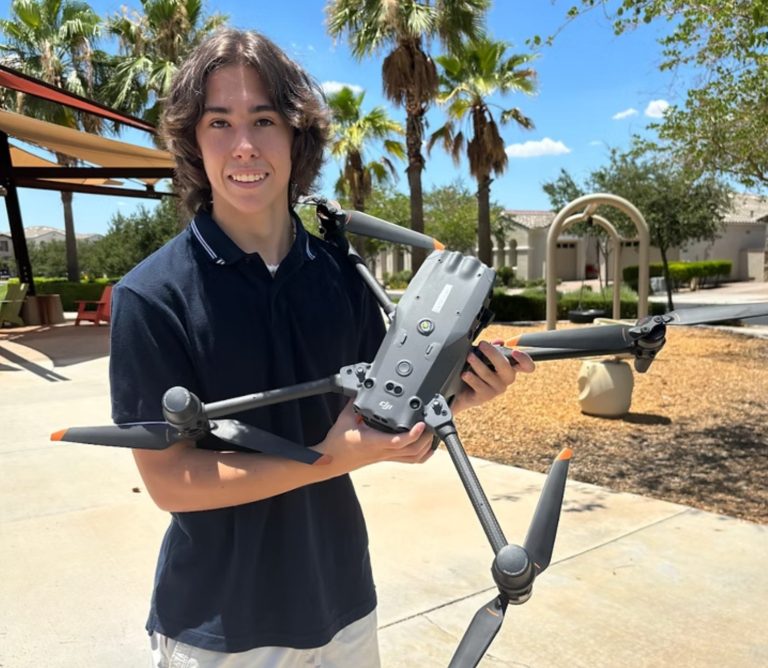
+ There are no comments
Add yours